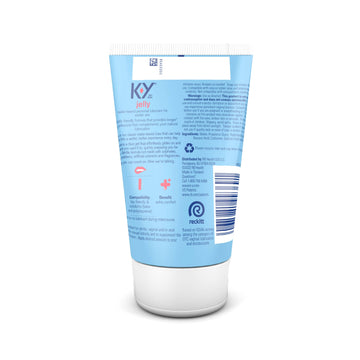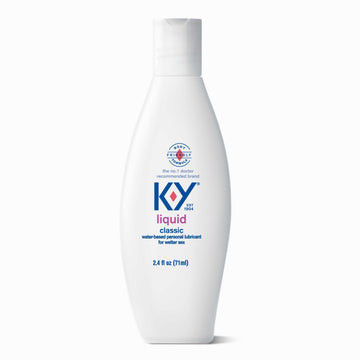Intimacy During Pregnancy

A baby on the way naturally affects you and your partner's intimate life together...
Discovering that you’re going to have a baby can have a profound effect on you and your partner – emotionally, physically and, yes, intimately. Though you may find that pregnancy can be overwhelming, exhausting or uncomfortable at times, this exciting experience will ultimately bring a new level of closeness to you and your partner as you enter into parenthood.
As your body changes over the next nine months, you may be wondering what’s safe and what isn’t when it comes to doing the deed with a baby on board.
Discover how you should approach sex during early pregnancy:
Different Desires
Pregnancy cravings aren’t just for pickles and ice cream. Some women also want more physical intimacy as their bodies become curvier, more sensitive to touch and easily aroused – and their partners are often equally enthused. However, fatigue, fluctuating hormones and a growing baby bump can also dampen desire.
Whatever you’re feeling, tell your partner and modify things accordingly – whether that means increasing or decreasing how often you are intimate, exploring new positions that best accommodate the physical changes or finding other ways to stay emotionally connected.
The most important thing is that you and your partner openly communicate your needs and desires with each other. It’s the first time that both of you are experiencing pregnancy together so try not to assume that your partner knows what you’re thinking.
Try not to assume that your partner knows what you’re thinking!
Discomfort During Sex
The same physical changes that can boost sex drive – such as extremely sensitive breasts, increased blood flow to your genitals and extra curves – may also make intimacy less pleasurable or even painful during pregnancy. Hormones can also lead to either extra lubrication or parched lady parts. If the latter is an issue for you, check with your doctor to see if lubricants may be helpful.
Again, the key is to keep communicating and focus on alternatives to intercourse if necessary, such as oral sex or massage. (Getting a rub-down is almost essential as pregnancy aches and pains set in, anyway!)
Is it Safe to Have Sex When Pregnant?
It may feel strange to have sex as the baby grows within, but so long as you’re having a normal, healthy pregnancy, intercourse is generally considered safe but be sure to consult with your doctor if you have any questions about safety.
That said, avoid lying flat on your back after the fourth month, since a heavier uterus can place pressure on major blood vessels. Try different positions, such as side-by-side or woman on top instead.
Sex After Pregnancy
Once your baby arrives (often referred to as the fourth trimester), exhaustion, hormones and residual baby weight can impede arousal. Doctors typically recommend waiting four to six weeks before resuming intercourse – and, if you’re experiencing any soreness or pain, you may want to wait at least that long, if not longer.

The best approach? Take it slow and, yes, find other ways to be intimate until you’re both ready to dive back in. When the time comes, if vaginal dryness is an issue (often caused by postpartum hormones, especially if you’re nursing), reach for the lubricant.
The good news is that, according to two separate studies published in An International Journal of Obstetrics and Gynaecology, the majority of couples are back in the saddle within six months. If it takes longer than 6 months, not to worry, just keep the pace that feels right for you and your partner.
References
- Mayo Clinic: Sex During Pregnancy: What’s OK, What’s Not
- March of Dimes: Sex During Pregnancy
- American Pregnancy Association: Sex and Pregnancy
- Reuters: Sex Won’t Bring on Labor: Study
- An International Journal of Obstetrics and Gynaecology: Women’s Sexual Health After Childbirth
- An International Journal of Obstetrics and Gynaecology: Does Method of Birth Make a Difference to When Women Resume Sex After Childbirth?
About the Author
Alexa Joy Sherman is a journalist and editor who has contributed to national magazines including "Family Circle," "Fit Pregnancy," "Fitness," "Parents," "Woman's Day" and "Women's Health." She is also the published co-author of two nonfiction books for adults, as well as the author of a fiction series for teens.










